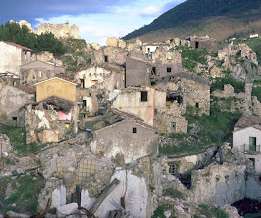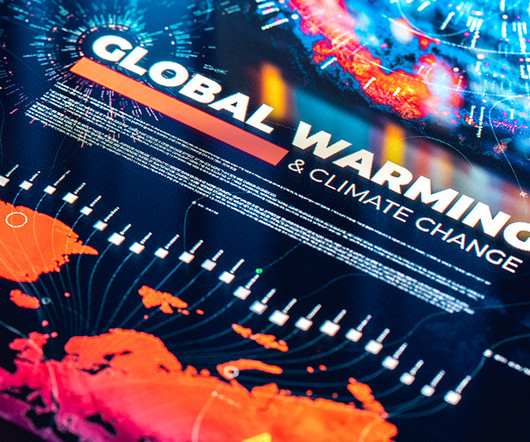Data and AI for Decision-Support and Policy
National Center for Disaster Prepardness
MAY 30, 2025
At the LEAP Wallerstein Panel on AI + Extreme Weather Preparedness , experts from academia and public planning came together to discuss the use of AI/ML for real-world decision-making for disaster management and climate resilience. AI, Data, and Disasters In disasters, data is fragmented.














Let's personalize your content